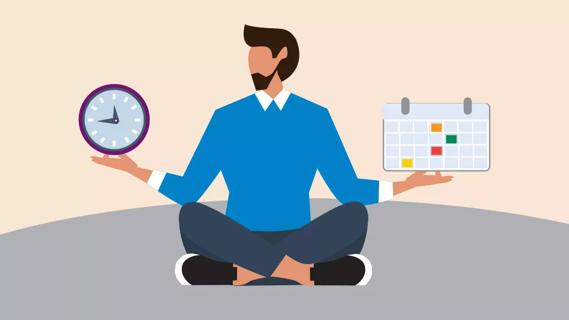6 tips to help you focus and not lose your mind when you’re WFH

Things are moving and changing quickly with the news of coronavirus (COVID-19). In an effort to help employees combat the illness, many companies have asked their teams to work from home when possible.
Advertisement
Cleveland Clinic is a non-profit academic medical center. Advertising on our site helps support our mission. We do not endorse non-Cleveland Clinic products or services. Policy
Hurray! No more commute, you get to work in your pajamas and you’re free to rummage through the fridge while on a conference call.
But once the initial excitement of working from home wears off, it can be daunting to realize it’s up to you to make this thing, well, work.
Telecommuting presents a unique set of challenges, especially for those who have never done it before or who don’t know how long it will last. Physical therapist Mary Morrison, PT, DScPT gives strategies on how to keep your healthy habits and productivity in check while working remotely.
Advertisement
Advertisement
Learn more about our editorial process.
Advertisement

Connecting with others, going for a walk or focusing on sleep quality can help more than you might realize

You may not always notice it, but your mental health has just as big of an impact on your well-being as your physical health

Rethinking your Mondays might make the ‘Sunday scaries’ a thing of the past

Get to know the resources they have on and off campus, including their friends

College is a time of big transitions, intense stress and major lifestyle changes

Wishing you made a different decision can help you learn from your mistakes

This term from TikTok encourages positive affirmations around ‘luck’

Start a conversation, gently ask questions and offer help without judgment

Type 2 diabetes isn’t inevitable with these dietary changes

Applying a hot or cold compress can help with pain